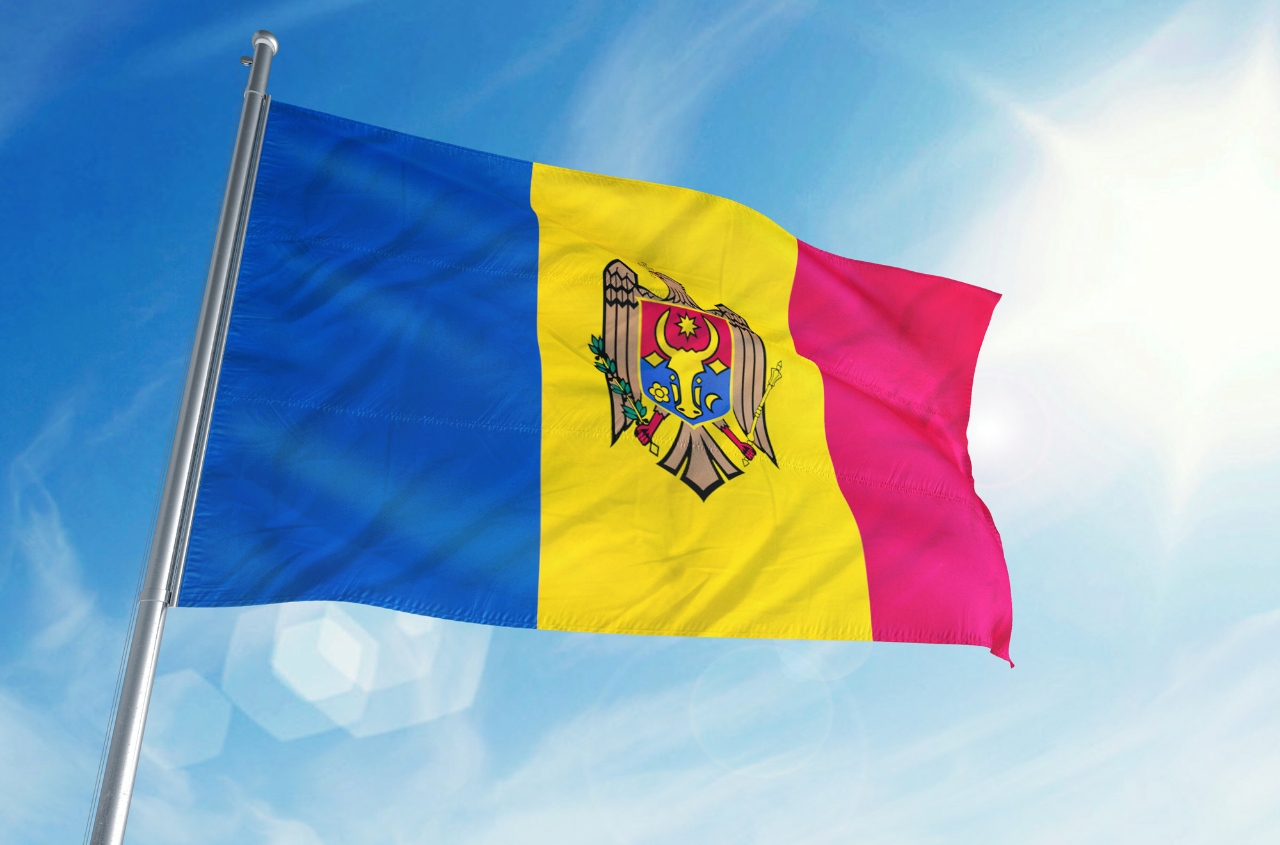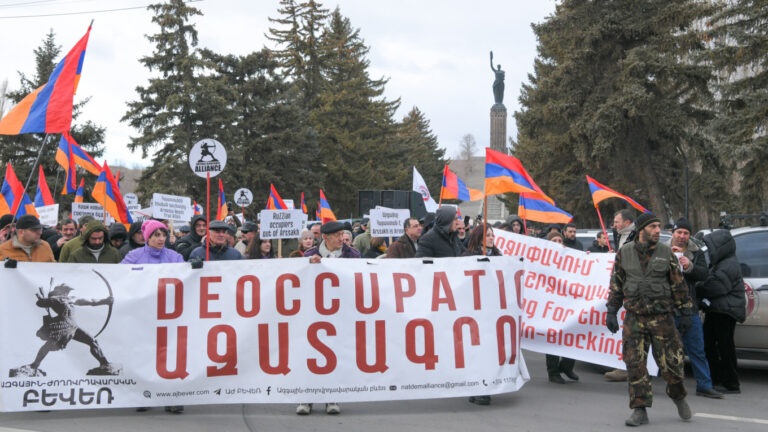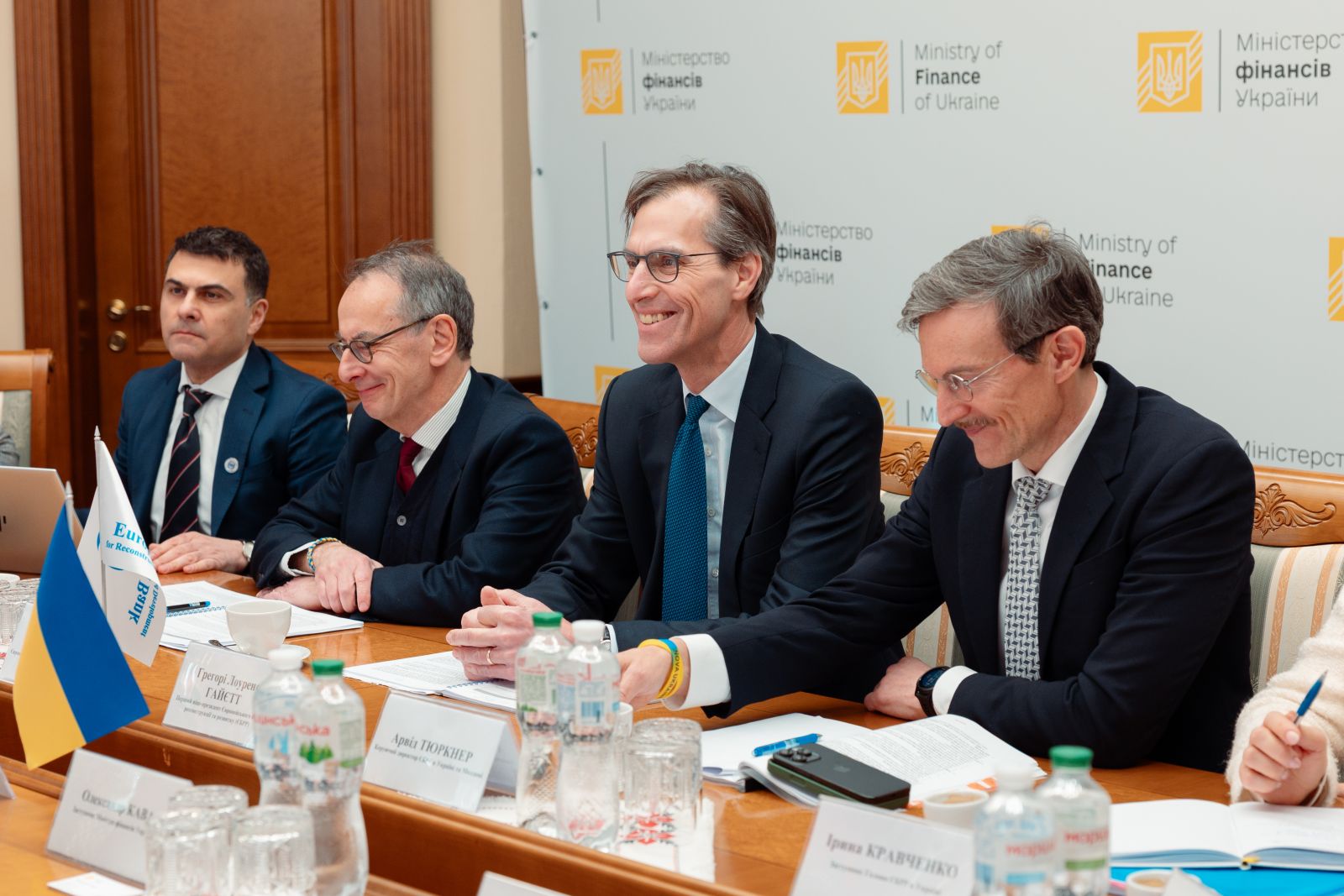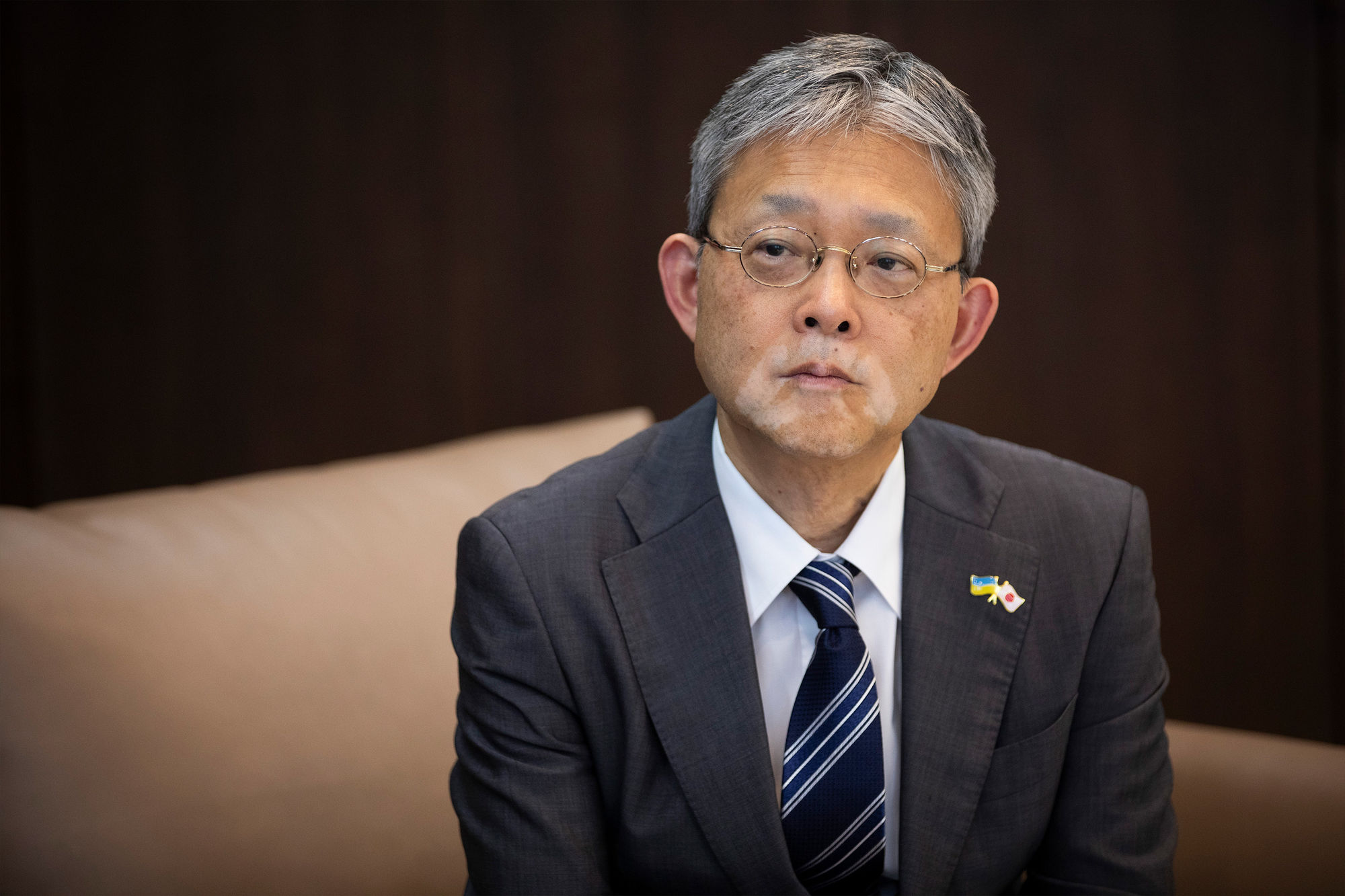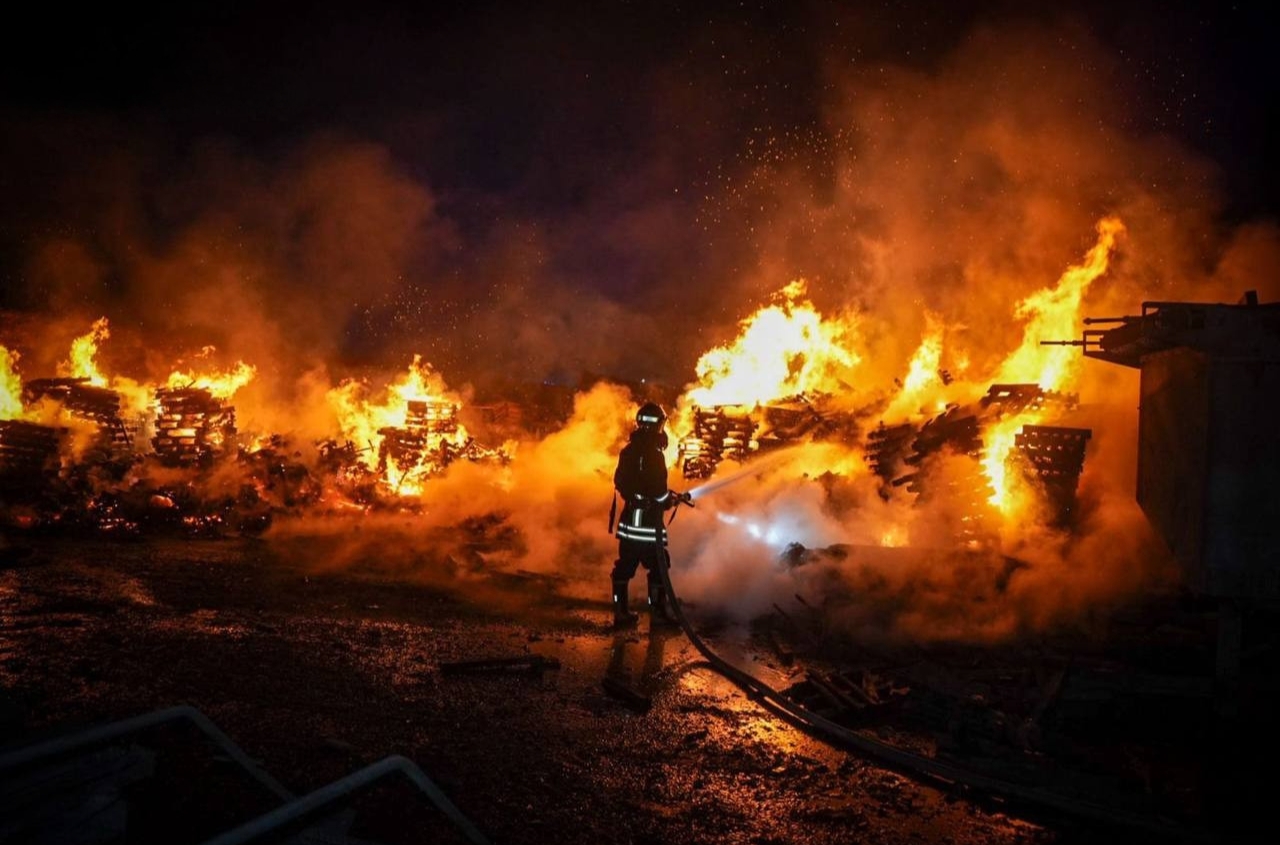The FSB is increasing its control over the Moldovan direction, establishing a new network of influence within the country’s political landscape, according to experts from the Robert Lansing Institute.
The key decision-making center and coordinator of Russian operations interfering in Moldova’s parliamentary elections has become the Administration of the Russian President, led by First Deputy Sergey Kirienko. In this way, influence operations management has shifted from Dmitry Kozak, associated with the GRU, to Kirienko, who is linked to the FSB.
Available data indicate that Kirienko has sidelined Kozak and redefined the approach to supporting pro-Russian forces in Chișinău. The Kremlin is now placing its bets exclusively on Ilan Shor, a fugitive oligarch hiding in Moscow from Moldovan justice. Unlike Shor, the leader of the Socialist Party, Igor Dodon, former president Vladimir Voronin, and other members of the old guard have been excluded from the list of Kremlin-supported politicians. Their role, according to Moscow’s assessment, is limited to mobilizing pro-Russian youth for parliament, but without financial backing from Russia.
Effectively, this means that the Kremlin has deemed them ineffective and has withdrawn both political and financial support. Moscow’s new favorites are members of Shor’s team, including Irina Vlah, Vasile Furtună, Dumitru Caraman, and Vlad Batrînci.
Experts note that the situation resembles Ukraine’s 2019 scenario, when Russia forced former allies of Viktor Yanukovych into a self-serving mode, turning them into a fifth column. In Moldova, this could result in 10 to 20 deputies in parliament being directly subordinate to Shor, particularly within his Gagauzian circle led by Irina Vlah. Their task is to wrest influence from the old pro-Russian elite.
It remains unclear how former president Dodon will react. However, observers suggest that he may ultimately accept this arrangement if it allows him to restore financial flows and attempt a return to power















